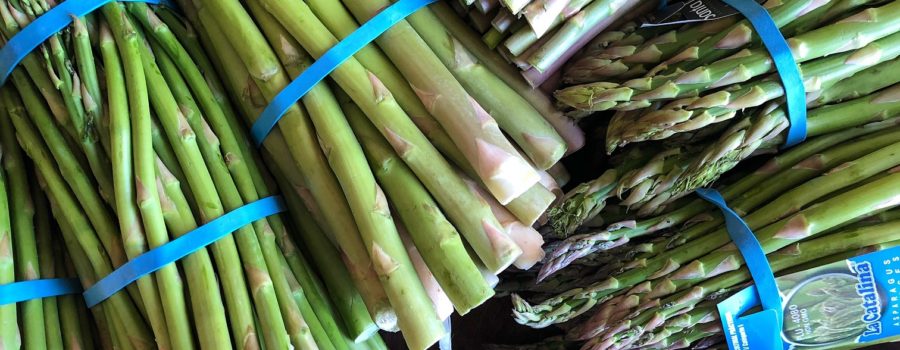Hashtags like #stressbaking and #quarantinebaking have emerged. Instagram food accounts are posting countless recipes for sugar-laden baking projects. Flour and yeast are hard to find in some geographies. This is on top of the assumption that many families have stocked up on longer-lasting staples like pasta, rice, potatoes, cereal and processed, packaged frozen meals. If there was ever an “ideal” time for emotional eating, now seems to be a pretty prime suspect, making the temptation of these delicious-looking and sounding sweets and meals far too easy to give into.
Listen up, folks! We are not on holiday break. We are social distancing and self quarantining to help slow the spread of a rampant virus. Now is not the time to be baking batches of cookies and gorging on junk food and carbs. At a time when our immune health is critical, this is the opposite approach of what we should be doing.
We understand that you might have your kids at home and baking something together is fun. We understand that the pandemic we’re experiencing is scary and stressful and that sometimes eating something indulgent helps us feel better (temporarily). We understand that you may be going to the grocery store less often. We also understand that you may be bored and baking is meditative and time-filling.
However, we can’t seem to justify these reasons in sacrificing your health. Eating healthily during this time is CRUCIAL. For some, it is literally a matter of life and death. Positive changes to your diet can make immediate impact on factors known to raise your risk of COVID-19 complications, like insulin and leptin spikes.
Here are our top 4 tips for eating to support your health during COVID-19:
1. Keep the sweets and baking projects to a minimum.
When you do make them, cut your recipe in half or even less and make smaller batches at a time. That way you can satisfy your craving, but you aren’t tempted to keep eating. If you’re going to make bread, consider attempting sourdough for its nutritional advantages over bread baked with commercial yeast. For a dessert, search for ones that use natural sugars (like maple syrup or honey) and healthier ingredients (like our chocolate pudding recipe). If you’re baking as a project to do with kids, prepare a healthy dinner recipe together instead.
2. Think out of the box with your meals!
Your meal doesn’t have to center around carbs just because you’re going to the grocery store less often. If you don’t want to eat RAW fresh fruits and veggies, you can still COOK and eat fresh produce (and some veggies’ nutrients are more bioavailable when cooked anyways!).
Load up on fresh and frozen veggies (canned are okay too but less preferable because of the sodium and potential BPA) the next time you go to the store. Then, either chop and freeze your extra produce for future use (do a Google search for tips on which veggies freeze well and how to do it). Some fresh produce does well when chopped and frozen. Others can be cooked into sides or incorporated into your main dish (like a soup or casserole) that you can freeze any leftovers from.
Overall, try to follow a diet that has:
- Lots of high quality vegetables and fats
- Some high quality protein
- Minimal simple carbs like milled flours and sugars
If you’re challenged in finding the nutritious food you desire, you might gain some new ideas by reading our recent blog and supporting your local producers.
3. Become more mindful with your food.
We mistake thirst for hunger and we fill boredom with snacking. Many of us are eating way more than our bodies actually need. If you feel the urge to head to the pantry for a snack, pause and ask yourself if you really are feeling hunger. Ask yourself how much water you’ve consumed – ideally we should be drinking our weight in ounces each day. Do something active, like a 10-minute walk. Try these things first to determine if your body truly needs nourishment.
4. Consider intermittent fasting.
Somewhere along the way, it became generally accepted that we should be eating every couple hours throughout the day to maintain our metabolism. The reality is, our bodies benefit from short and longer fasts. We won’t go into the details of how to practice intermittent fasting here, but there are many quality resources online if you’re interested.
Eating for your health is more important than ever.
It doesn’t require days or weeks of dietary changes to start experiencing benefits. The minute you start eating better, the positive effects start taking place inside your body! Plus, eating a healthy, nutrient-packed diet has amazing benefits for the brain. This means you’re likely to boost your mood NATURALLY by focusing on your diet right now.
If you have questions, feel free to email us or message us in social media. We’d be happy to help.
Advocates for your health,
Irene & Brianna







